Crisis Intervention
Parent-child Support Line: 2755 1122
Collaborative partner: 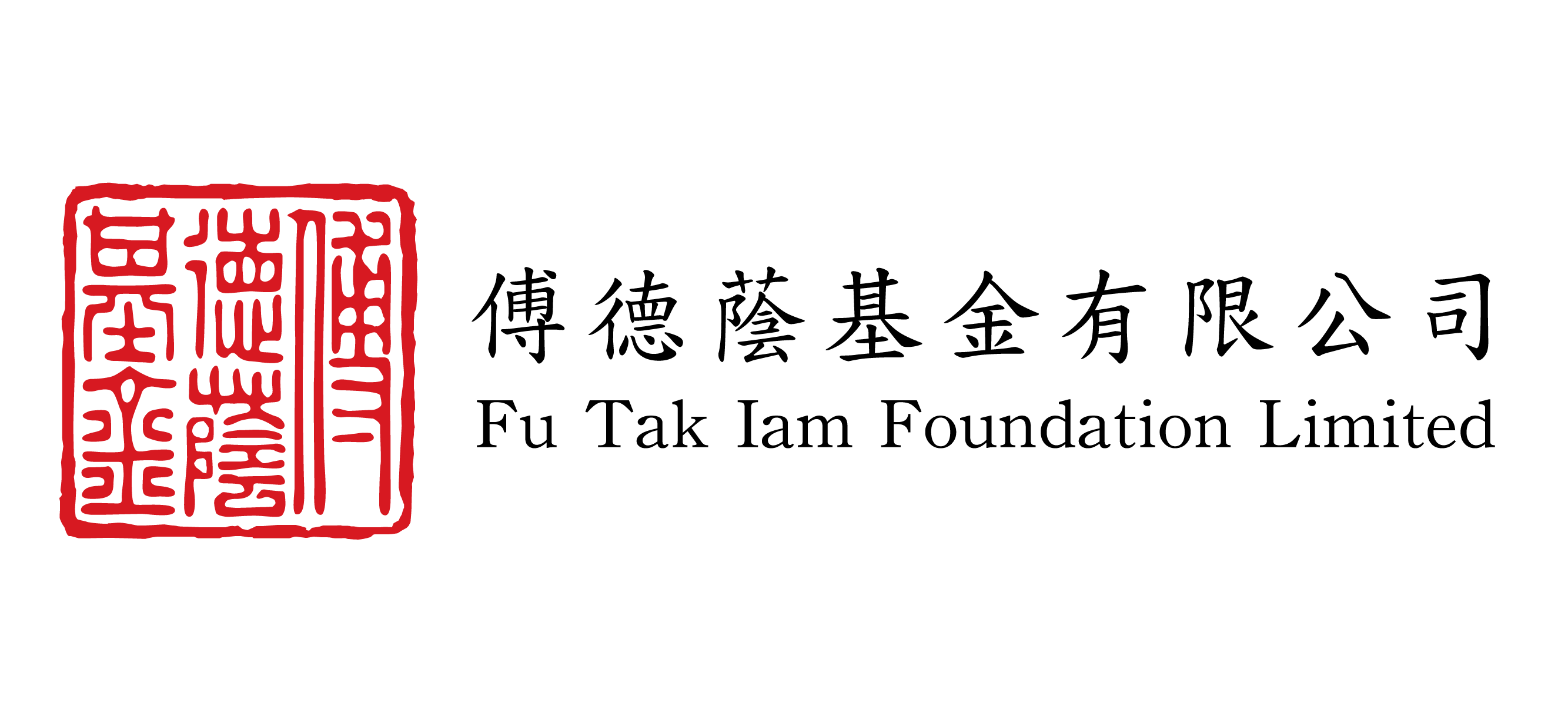
Why should we care about child abuse and what can we do to help?
- People who abuse children may be aware that their behaviour is questionable. But very often, they have difficulty to control their abusive behaviour or some may even be unmotivated to change such behaviour.
- All families have problems and for all family problems, there should be solutions. Child abuse is just a sign of family problems. Victims of abuse and the abusers are equally in need of professional treatment and counselling. People should seek help as early as possible.
- Child abuse is not just the problem of individual families. It will also hinder the development of the children and affect their ability to contribute to the society as law-abiding citizens.
- We hope that everyone who cares about children's development and reducing social problems will help stop child abuse. We have to enhance our awareness about the scope and extent of the problem and give it serious attention.
- For effective prevention of child abuse, we need the continual support of our community in promoting public education and publicity.
- In case you come across any suspected case of child abuse, please contact the relevant organisation or respective Family and Child Protective Services Unit.
Social Welfare Department - Child Abuse ...... It Matters You (August 2008)
Parent-child Support Line
- Parents, children, professionals and the public are encouraged to call our Hotline or drop-in at our centres to report suspected cases of child abuse or ask for assistances of parenting difficulties.
- Through the Parent-child Support Line service, we listen to parents’ or caregivers’ difficulties, and provide them with professional advice on child management and counselling service. Also, we provide emotional support to children and young people in need.
- All personal information of the informant is kept confidential.
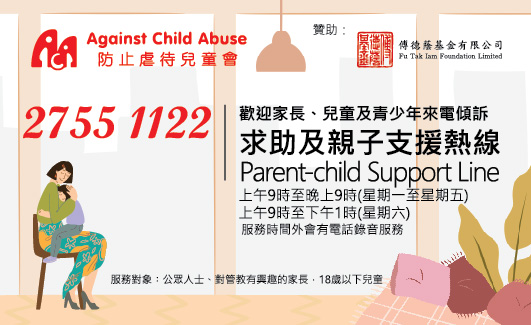
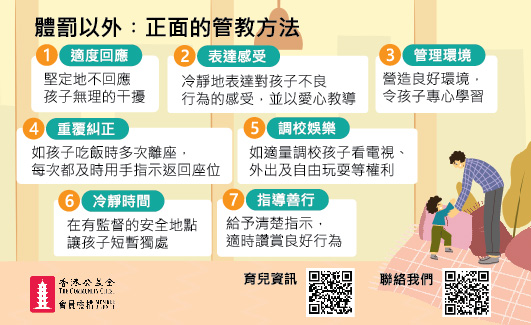
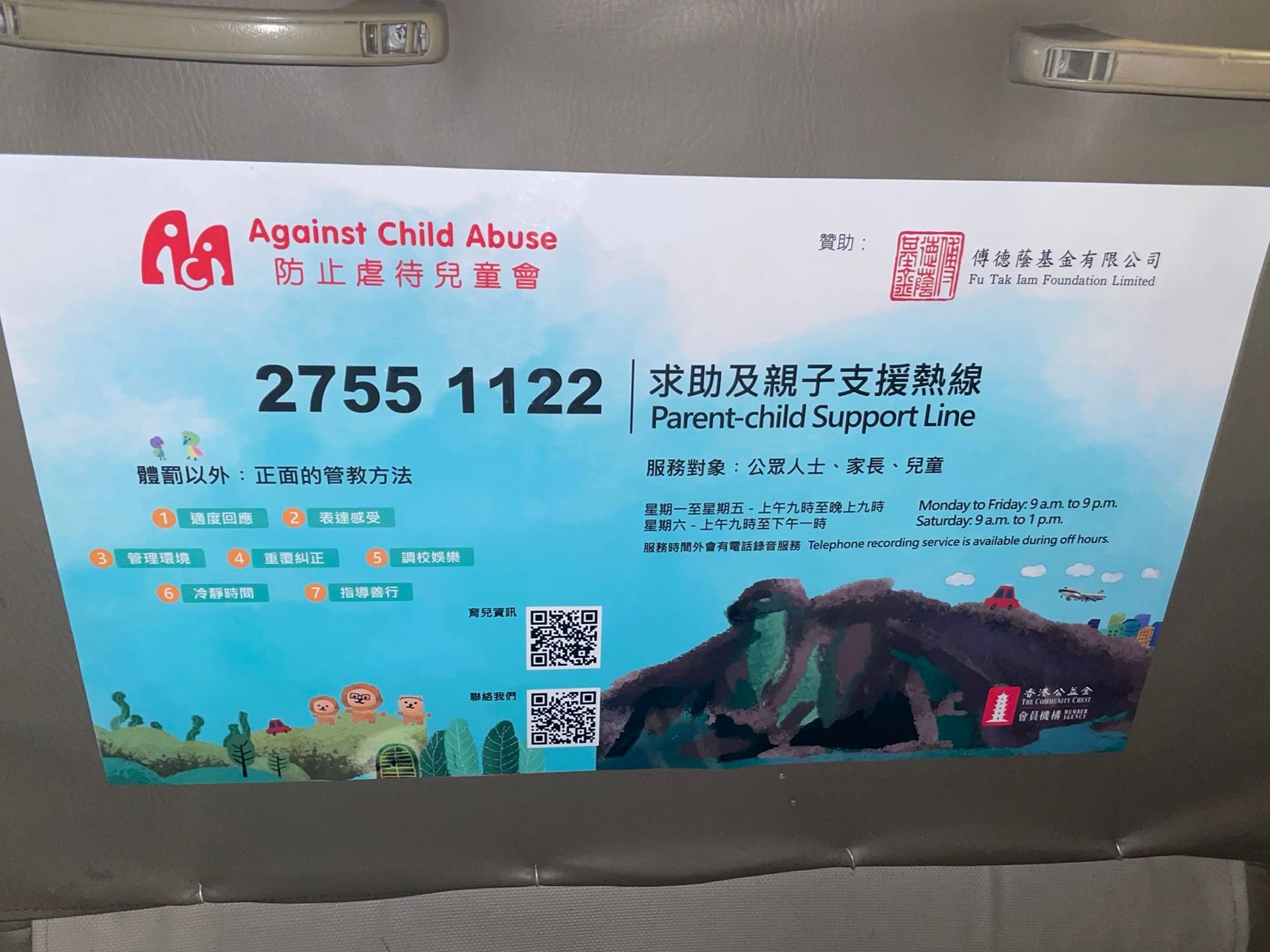
When received the report of suspected cases of child abuse, social worker will provide outreach service and investigation. After assessment of the risk of child abuse and the needs of the families, we will provide appropriate follow-up services.
Definition of Child Maltreatment
- In a broad sense, child maltreatment is defined as any act of commission or omission that endangers or impairs the physical/psychological health and development of an individual under the age of 18.
- Child maltreatment is committed by individuals, singly or collectively, who, by their characteristics (e.g. age, status, knowledge, organisational form), are in a position of differential power that renders a child vulnerable.
Types of Harm/Maltreatment
Physical harm/abuse
This refers to p hysical injury or suffering inflicted on a child by violent or other means (e.g. punching, kicking, striking with an object, poisoning, suffocation, burning, shaking an infant or Factitious Disorder Imposed on Another ), where there is a definite knowledge, or a reasonable suspicion that the injury has been inflicted non-accidentally.
Sexual abuse
- Refers to forcing or enticing a child to take part in any acts of sexual activity for sexual exploitation or abuse and the child does not consent to or fully understand or comprehend this sexual activity that occurs to him or her due to mental immaturity.
- This sexual activity includes behaviours that have or do not have direct physical contact with children (e.g. rape, oral sex, procuring a child to masturbate others/exposing his/her sexual organs, production of pornographic material, etc.).
- Sexual abuse includes luring a child through rewards or other means, also including designedly establishing relationship and/ or emotional connections with the child by various means for gaining his/her trust with an intent to sexually abuse him/her (e.g. communication with a child through mobile phone or the Internet).
- Consensual sexual activity between an adolescent and another person may also involve sexual exploitation by a person whose characteristics are in a position of differential power to the adolescent.
Neglect
Refers to a severe or repeated pattern of lack of attention to a child’s basic needs that endangers or impairs the child’s health or development. Neglect may be caused by the following forms:
- Physical (includes failure to provide necessary food/clothing/ shelter, failure to prevent physical injury/suffering, lack of appropriate supervision, leaving a young child unattended, improper storage of dangerous drugs resulting in accidental ingestion by a child or allowing a child to stay in a drugtaking environment resulting in inhalation of the dangerous drugs by a child); or
- Medical (includes failure to provide necessary medical or mental health treatment to a child); or
- Educational (includes failure to provide education or ignoring the educational/training needs arising from a child’s disability).
Psychological harm/abuse
Refers to a repeated pattern of behaviour and/or interaction between carer and child, or an extreme incident that endanger(s) or impair(s) the child’s physical and psychological health (including emotional, cognitive, social and physical development).
Reference:Protecting Children from Maltreatment – Procedural Guide for Multi-disciplinary Co-operation (Revised 2020)
Multi-disciplinary case conference is a platform by which professionals having a major role in the handing and investigation of a suspected child maltreatment case can share their views, discuss case nature, analyse risks and needs, and formulate follow-up plan for the child and his / her family.
Further information on Multi-disciplinary Case Conference is as follows.
Members of the conference
The multi-disciplinary case conference is usually convened by a social worker. Members attending the conference include professionals who take part in the investigation of the case, who have knowledge on the child and his/her family or who may follow up on the case in future, namely:
- social workers
- medical staff
- school personnel
- police officers
- clinical psychologists
- professionals currently providing services to the child concerned or his/her family
- other professionals who are required to provide information or may handle the case in future
How is the conference conducted
Professionals attending the conference usually start by reporting to other members the information obtained from the investigation and their knowledge of the family. The following items are then discussed at the conference:
- decide the nature of incident from the perspective of protecting child’s safety
- assess the current/future risk level of maltreatment to the child(ren) concerned as well as other children in the family and their needs
- decide the category of case (whether it is a child protection case)
- based on the outcome of the above discussions, make recommendation and arrangement in relation to the follow-up plan of the child concerned and his/her family to protect the safety of the child or safeguard his/her best interests, including child care arrangement and whether statutory action is needed for the child
- determine the unit and social worker being responsible for following up the case, delineate the roles and responsibilities of other professionals in the implementation of the follow-up plan, and appoint a core group to follow up on the case as appropriate and decide membership of the core group
- determine whether to register the information of the child concerned and/or his/her sibling(s) in Child Protection Registry
- if criminal offence may have been committed, to discuss the need to report the incident to the Police if it has not been done so before the conference. Please note that the focus of the conference is to safeguard the interests of the child and his/her family. The decision of the conference has no binding effect on the decision of the police on whether or not to prosecute the alleged perpetrator(s)
Source: Social Welfare Department


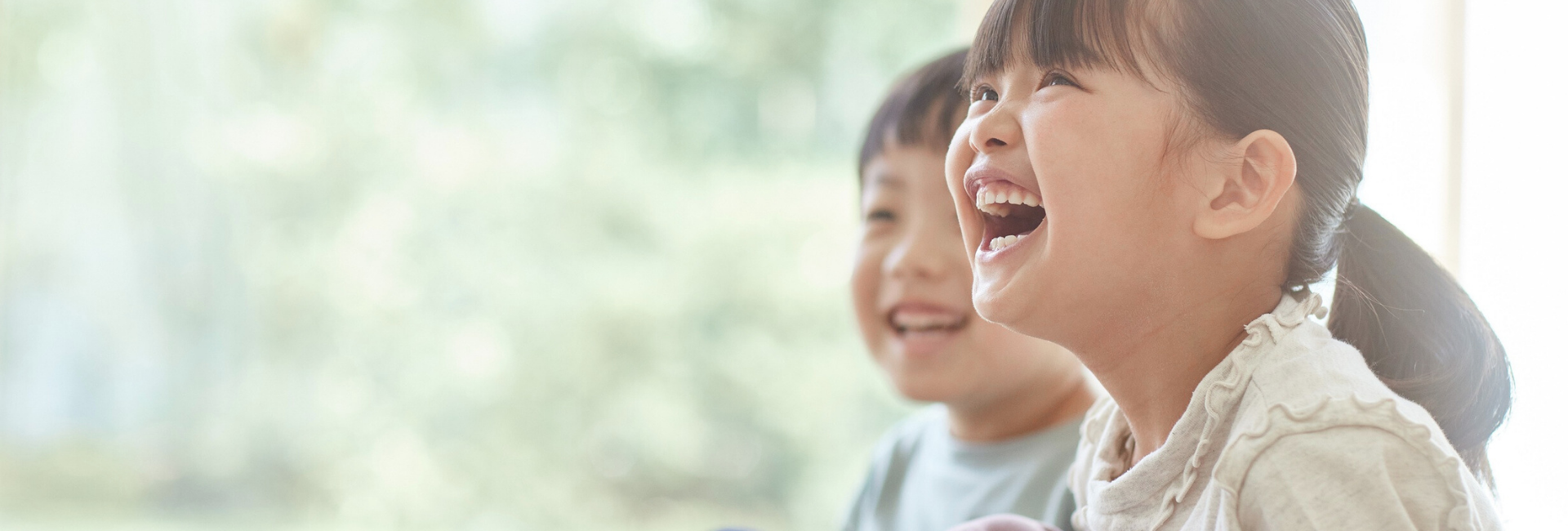
 Our Services
Our Services



